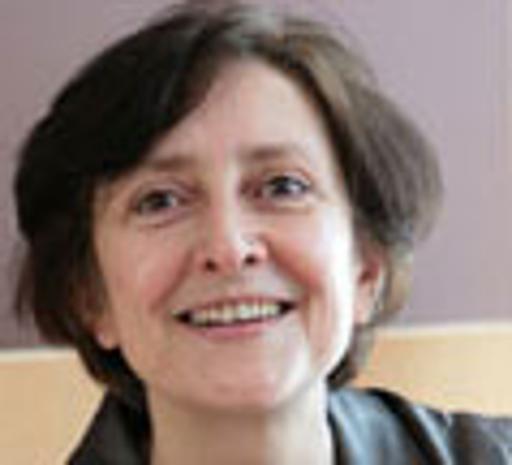
Emilia Angelova, PhD
- Associate Professor, Philosophy
Are you the profile owner?
Sign in to editResearch areas: 20th C Continental Philosophy (esp. Heidegger, Derrida, French Feminism), 19th C Continental Philosophy (Hegel, Kant)
Contact information
Email:
Website:
Biography
Emilia Angelova holds a BA and MA in Philosophy from Sofia University (Bulgaria), and MA and PhD in Philosophy from the University of Toronto.
Her research is in 20th Century Continental Philosophy, focusing especially on Heidegger, Derrida, Nancy, and French Feminist theory, especially Kristeva, in relation to 19th Century philosophy, particularly Hegel and Kant. Her interests involve themes such as selfhood, temporality, freedom, affect, gender and sexuality, and the imagination. She has edited two recent collections, The Necessity of Freedom in Hegel's Turn Between Logic and History (U Toronto Press, 2025) and "Revolution in Poetic Language" Fifty Years Later: New Directions in Kristeva Studies (SUNY Press, 2024). Her publications include “Abjection and the Maternal Semiotic in Kristeva’s Intimate Revolt” in the Library of Living Philosophers volume The Philosophy of Julia Kristeva (2020) and articles in Idealistic Studies, Symposium, and Journal of Contemporary Thought. Some of her other recent work includes: "Hegel and Deleuze on Life, Sense and Limit," in Hegel and Deleuze, eds. Houle and Vernon (Northwestern University Press, 2013); and "Time's Disquiet and Unrest: Affinity Between Heidegger and Levinas," in Between Levinas and Heidegger, eds. Drabinski and Nelson (State University of New York Press, 2015), and "Nancy and Derrida: Freedom, Democracy and the Loss of the Power to Signify," in The Praxis of Sense: On Jean-Luc Nancy and the Political, ed. Dejanic (Edinburgh University Press).
She was Chair of Philosophy 2022-25, and is a member of the Book Selection Advisory Committee of the Society for Phenomenology and Existential Philosophy and is adjunct faculty in the PhD program in Cultural Studies at Trent University, Canada.

